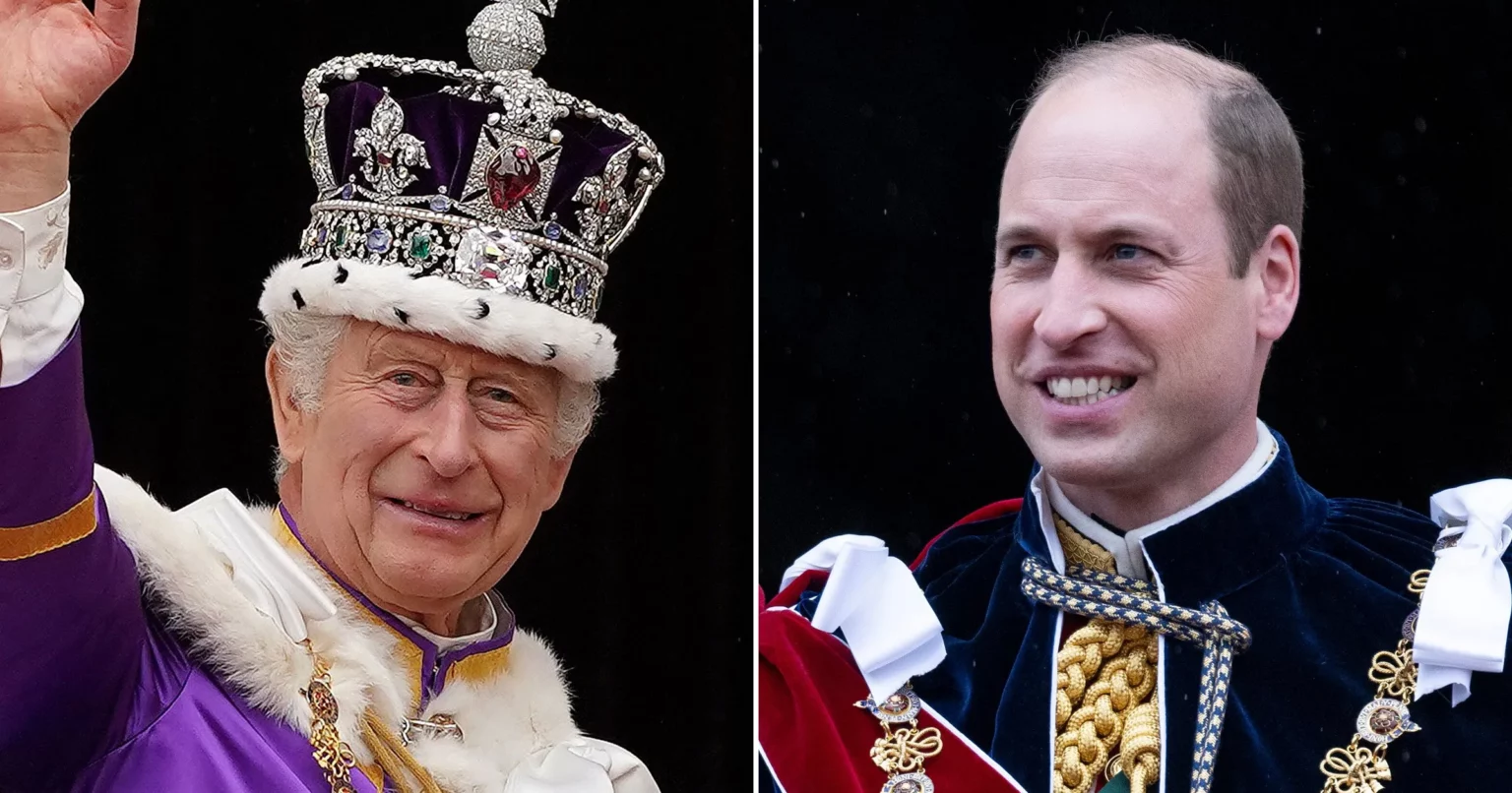While the idea of King Charles III abdicating seems improbable given his expressed commitment to serving as monarch, experts Marlene Koenig and Dr. Bob Morris from UCL have delved into the potential implications if such an event were to occur.
Examining two possible scenarios – abdication due to physical incapacitation or a voluntary decision to step down – sheds light on the complexities of the British monarchy’s succession process.
In the case of physical incapacitation, the Regency Act outlines that Prince William, next in line to the throne, would assume the role of regent with most powers of the king, except a few.

However, if abdication were contemplated, Charles couldn’t unilaterally pass the crown to Prince William. Parliament would need to pass an Act of Abdication to officially alter the line of succession.
Marlene Koenig stressed the legislative nature of the succession process, noting, “The succession to the throne is legislated by parliament.”
In the event of abdication, each member of the line of succession would move up, making Prince William the new King. Notably, his 9-year-old son, Prince George, would inherit the substantial Duchy of Cornwall portfolio valued at $1 billion.
Royal historian Marlene Koenig underscored the potential pressure on Prince William, lacking the decades of experience that Charles gained in preparation for the role.
Dr. Bob Morris provided insight into the British reluctance toward abdication, citing monarchs’ religious vows and the prevailing sentiment to uphold those commitments.
Despite the exploration of hypothetical scenarios, experts believe that King Charles is steadfast in his commitment to fulfilling a lifetime of duty. This commitment mirrors his pledge, expressed in his inaugural speech as King of the United Kingdom, to uphold the constitutional principles at the core of the nation, akin to his mother, the Queen.




